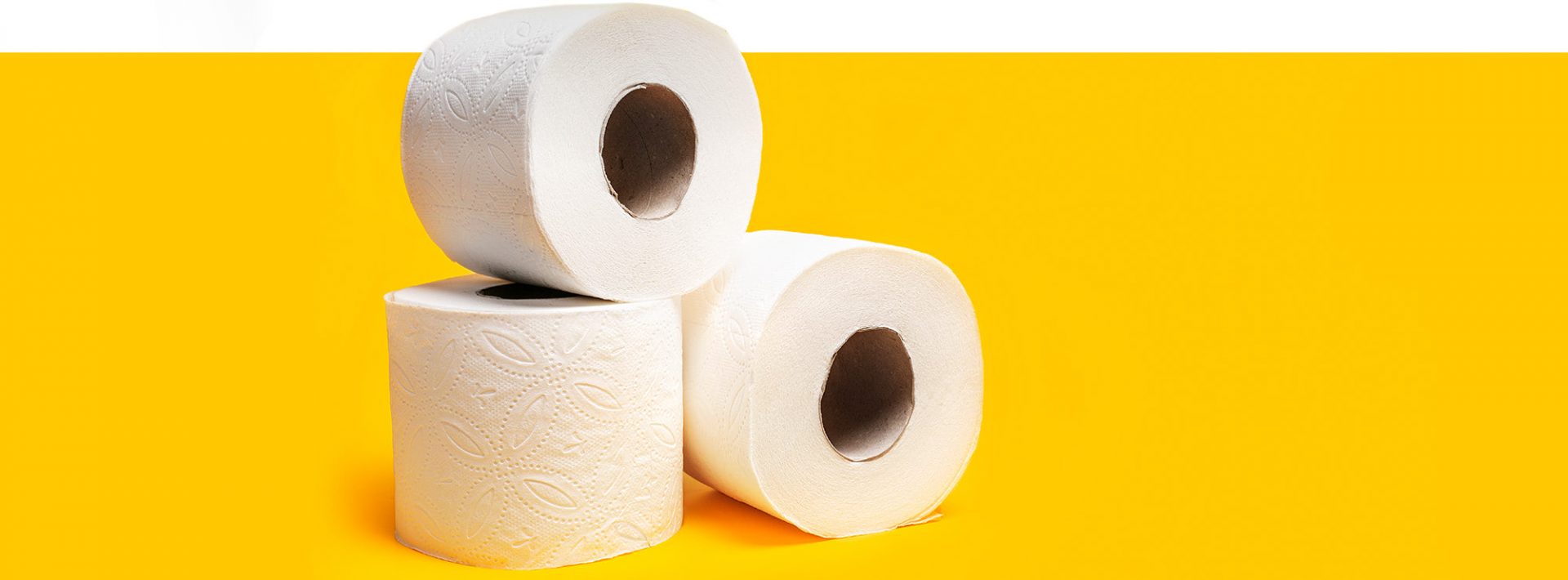Risks, resilience and schnapps!
Semiconductor companies TSMC and Intel shocked the markets in spring this year by forecasting that the chip shortage undermining the global trade is unlikely to be solved before next year. For a digitising world, the relentless lack of semiconductors is poison. So is it for the global car industry. Production plants have been forced to close and lay off people – mainly in masses.
Experts clarifying the confusing global trade remind that there was a mess already before the Covid-19 pandemic. The clues arguably lie in the trade war that Donald Trump started with China.
In the beginning of the Covid-19 pandemic, the availability issues concretised – in hindsight – as relatively small problems: is there enough toilet paper, where can we get masks and hand sanitisers.
The impacts of the pandemic for subcontracting chains are now the number one topic. For a reason. The virus has caused significant production and delivery problems. We are facing fundamental questions: how to ensure the company’s operation in the long term, are the current supply chains too long and vulnerable, what sort of storages should be maintained with regard to risks?
For Oku, communication with customers has always been frequent. After the pandemic experience, the role of communication has become even more accentuated. Customers have been eager to share their capacity outlooks and needs. We, in turn, navigate, bend and anticipate as much as possible in order to make the customers receive what they need in time. That is called resilience – the ability to survive setbacks like pandemics.
Many have probably become wiser and realised that storage should not be placed on the water to rely on gigantic cargo ships. Cargo ship Ever Given crashed in the bank in March this year. 400 meters long and 59 meters wide ship carrying 18,000 containers of goods. BBC assessed that the value of the cargo is approximately EUR 655 million. By the way, it also included leisure outfits ordered by Okun Koneistuspalvelu for its staff. Well – it was a small thing, no due dates were missed and the supply of precision engineering and precision parts for the customers was not cut off.
“Could we rely on toilet paper logic here?”
Kauppalehti interviewed Aalto University Professor Markku Kuula in the end of March. Kuula’s message was clear: companies should acknowledge the risks of their vulnerable supply chains and be prepared in order not to have to close production lines. Indeed – the significance of the security of supply is emphasised and markets are being redistributed. Could we rely on toilet paper logic? Doctoral researcher Mikko Hänninen found a logical explanation for the toilet paper fever of people. According to the researcher, the main reason for stockpiling was a sense of self-preservation. That is, people wanted to ensure that life goes on also after today. According to the same logic, companies’ sense of self-preservation should awaken! They should make sure with supply chains that life goes on and business runs also next year.
Now that the Covid-19 season is hopefully coming to its end, Oku has also something new and exciting to tell! We realised our long-term dream and created OKU IKI brand. It now includes OKU IKI chalices for sacramental wine and OKU IKI corporate gift products. We manufacture chalices since about six years already. Corporate gifts are something new. The basic idea of a corporate gift is easy to support – a good gift makes one happy, rewards, thanks and commits. The world is full of all kinds of corporate gifts. We were intrigued to create a gift that reminds us. Elegant, timeless, durable and manufactured in Outokumpu. These features created OKU IKI blank cartridge and schnapps glasses made of steel. Go and have a look, www.okuiki.fi. Kippis, skål, terviseks, cheers, prosit, salute, serefe, kanpai!
Jarmo Eklund
The writer is Oku’s Sales Director, according to whom self-sufficiency is an asset also in corporate gifts and short supply chains take the biscuit.
